Generators, stove heating and EcoFlow: how small businesses are preparing for winter
Kyiv • UNN
Experienced Ukrainian entrepreneurs are beginning to prepare for a power outage in advance by purchasing generators, charging stations, and Starlink installations

The past winter showed the difficulties businesses face during shelling and blackouts. This year, experienced entrepreneurs are beginning to prepare for the lack of power supply in advance, UNN reports.
Thus, entrepreneurs in the regions:
- purchase generators,
- charging stations,
- buy Starlink installations,
- install stove and gas heating,
- buy power banks,
- For production processes, they think about changes and stages when it is possible to manufacture products without electricity.
Entrepreneurs who won of the "Do Your Own" grant competition organized by the MHP Community", shared their experience of how they prepare for winter and and potential blackouts. They hope that these tips will be useful to other businesses in the communities. After all, sharing experience is an important part of business development, especially in times of crisis.
Ukono textile business, Sumy region
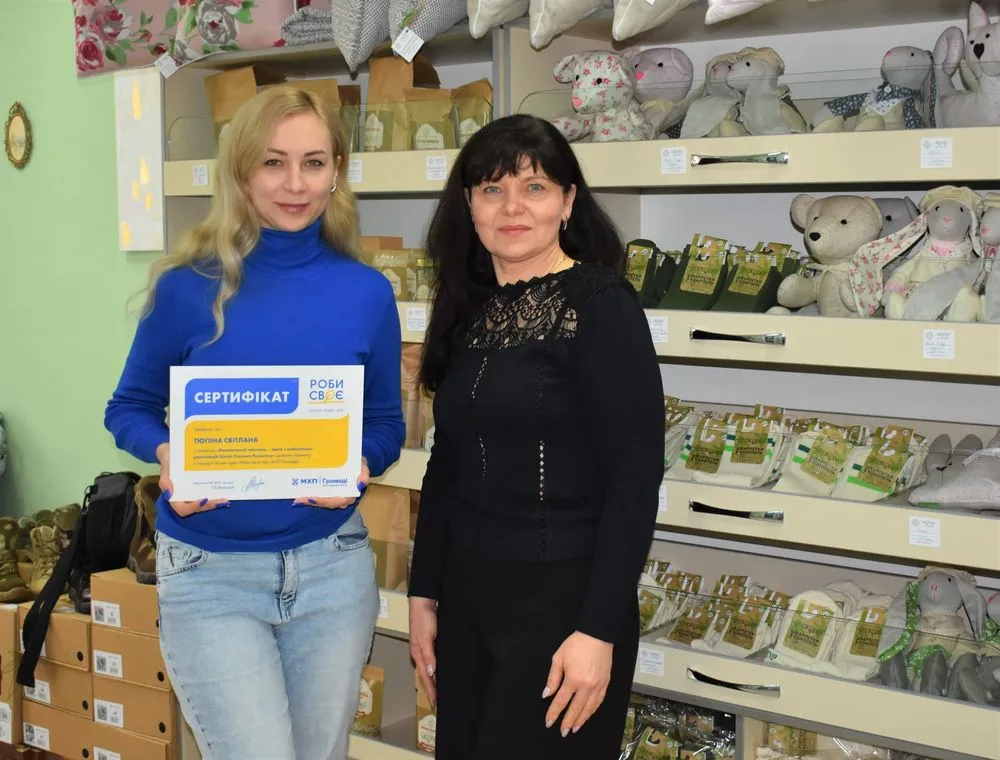
Tetiana Moiseienko, the head of the Ukono line that produces hemp textiles, says that they have already bought a generator, because sewing machines can be powered by a generator during blackouts. generator. It will also power heaters if needed. After all, the production is centralized, and in the event of a power outage, the heating is also turned off. heating is also shut down.
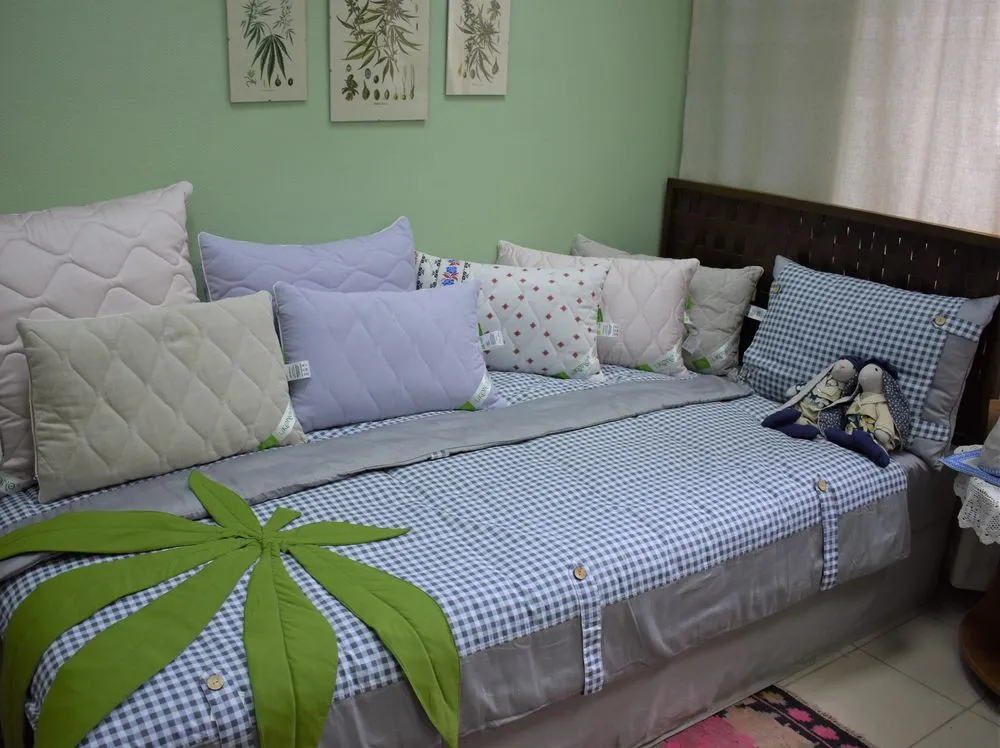
"We also bought laptops to process orders offline. to process orders offline. We used to have desktop computers that didn't work during blackouts. did not work during blackouts. So we hedged our service risks in this way as well. On We have not yet raised the money for EcoFlow. We hope that we will be able to close this request with the help of grants to have our own charging station," says Tetiana Moiseenko.
Private family medicine, Vinnytsia region
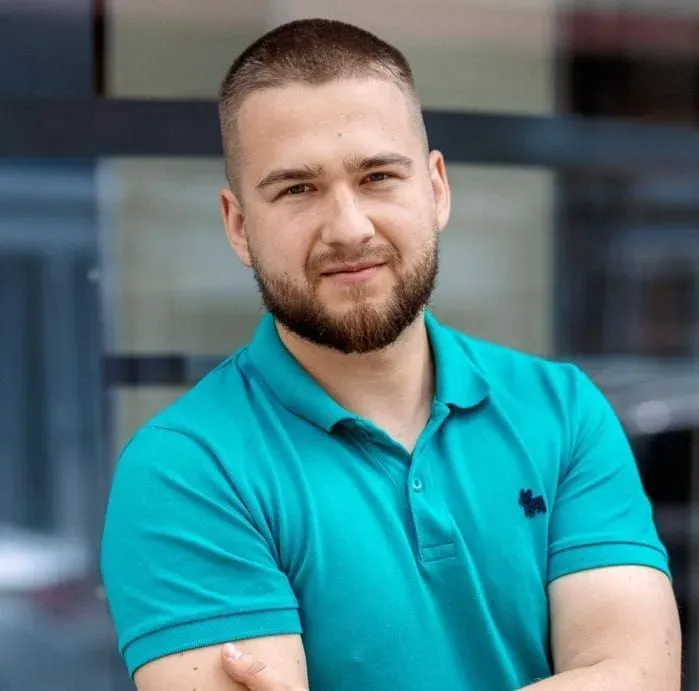
Pavlo Vladyha, a family doctor who is developing his own practice, is preparing for winter and potential blackouts. blackouts, despite the fact that last year's blackouts had almost no impact on his work, due to the specifics of the business. "We have a solid fuel boiler, a wi-fi router powered by a power bank, and we are connected to the Internet almost all the time. We store vaccines in thermal containers. For better work, we need a generator. We plan to buy it to buy it as soon as possible - we are saving money for this. In the meantime, we also buy firewood for the boiler so that we do not depend on centralized heating," says Pavlo Vladyha.
Natali catering facility, Cherkasy region
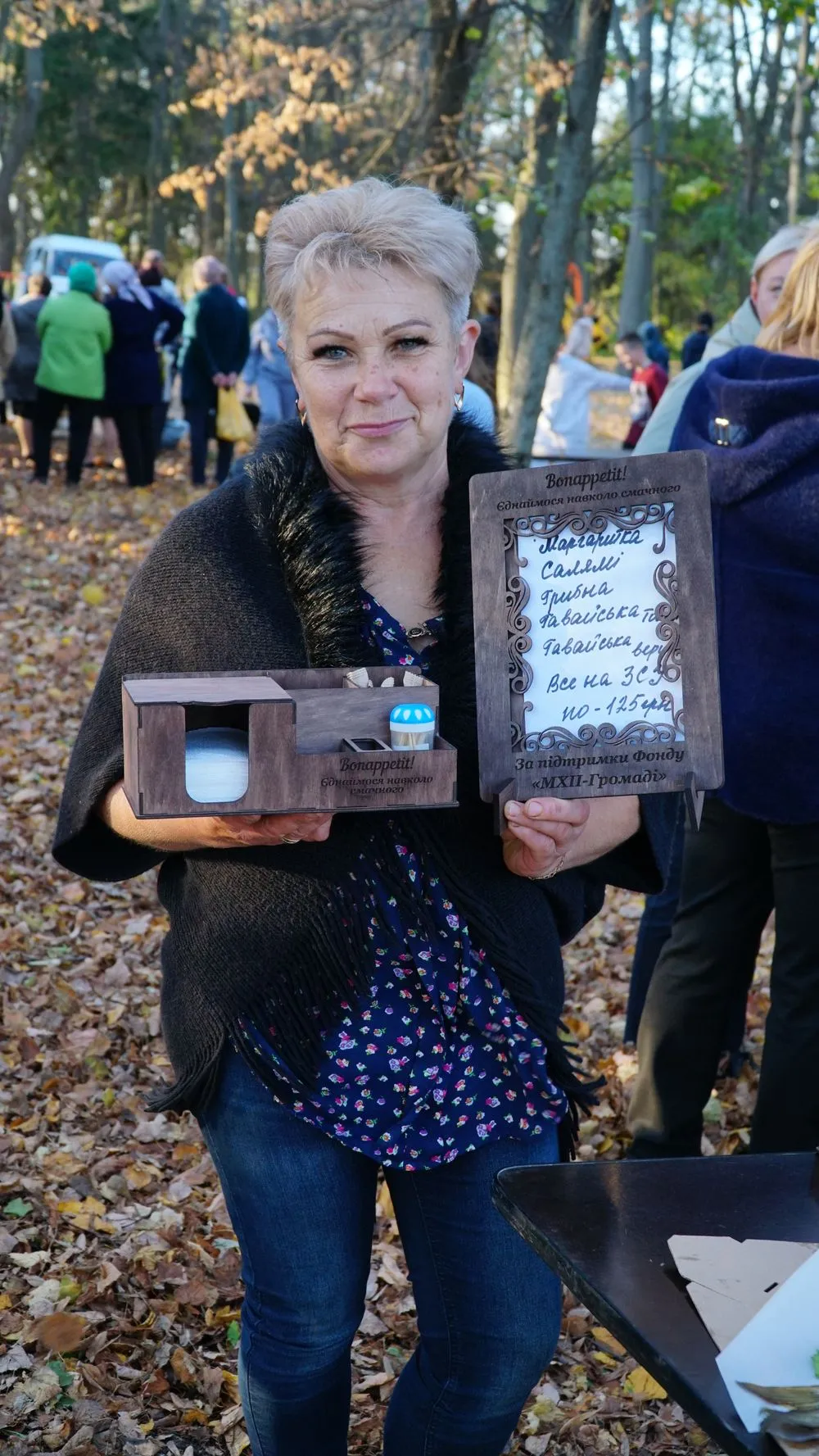
Natalia Mykhailenko is developing her own restaurant in Cherkasy region. She also volunteers: she cooks for the defenders of Ukraine and transports them to their destination. Last year, the blackout forced Natalia had to buy a powerful gasoline generator, so she is ready for this winter. is ready for this winter.
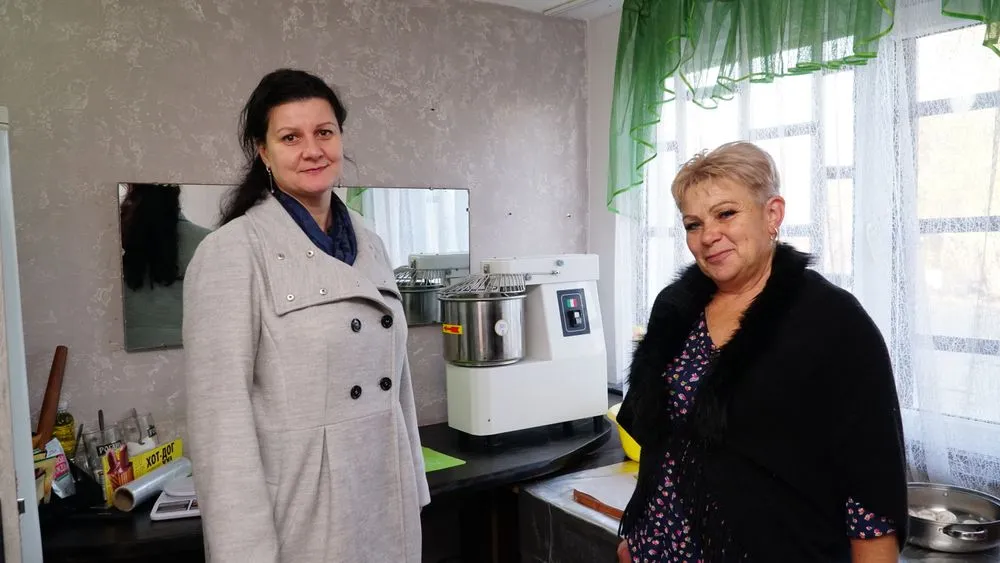
"The process of cooking requires refrigeration, so we bought a generator during last year's blackouts. During the cold period, when it was impossible to power the freezers, we provided lighting in the facility from a a car battery so that we could prepare semi-finished products. Now we are we are expanding our services. Thanks to the Do Your Own competition, we purchased equipment for for making pizza. So we plan to work despite the power outage and and help our military," says Natalia Mykhaylenko.
Budz Baran Craft Cheese Factory, Ivano-Frankivsk Oblast

Khrystyna Zakrevska together with her husband has been developing her own cheese factory for 3 years. She says that the specifics of the of the business is that blackouts have a significant impact on production. However, tries to minimize their impact on cheese production.
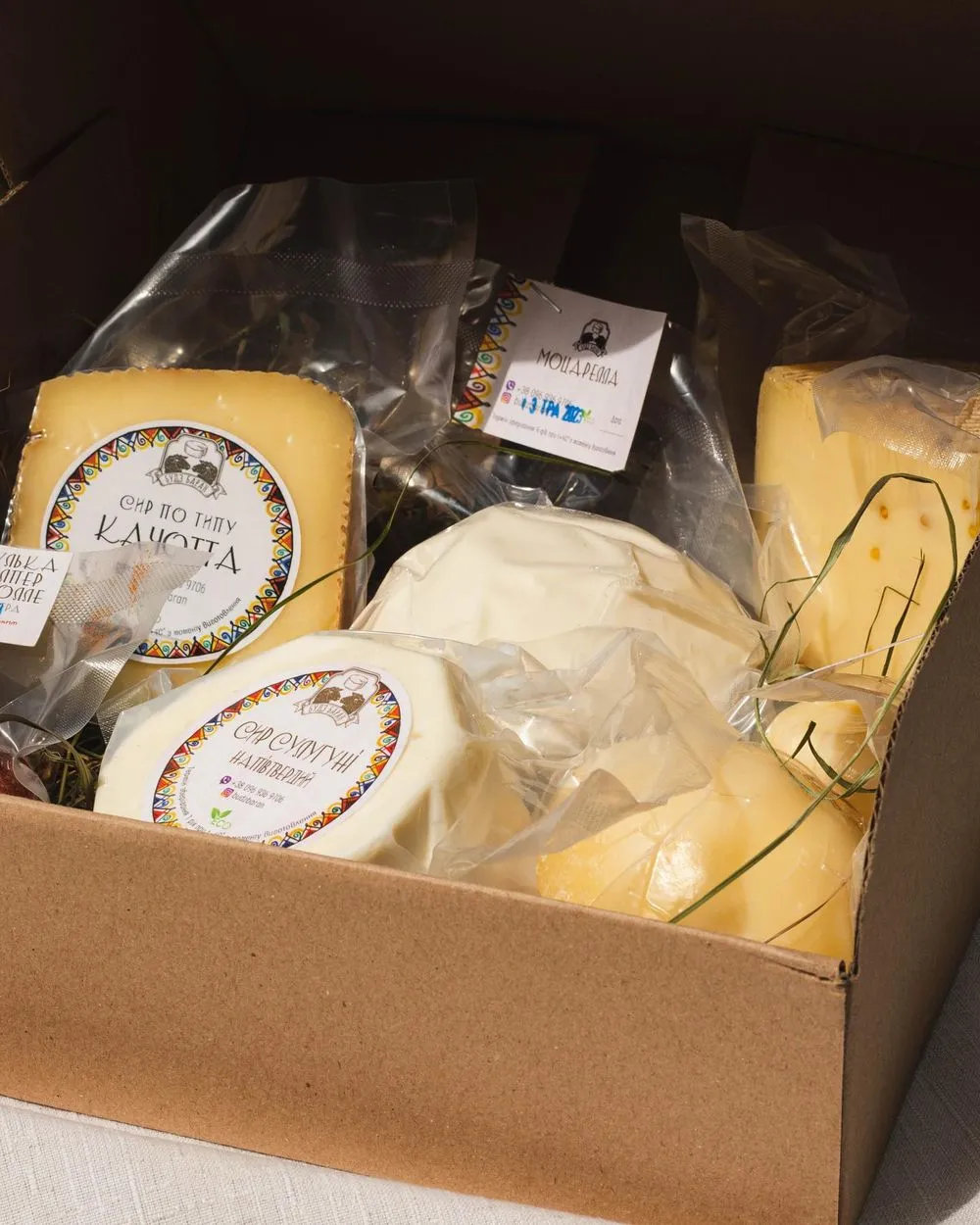
"Our cheese-making machines are very powerful, small generators cannot cope, and a large industrial one is very expensive. We are not sure that this purchase will be rational for us. Last year, we were adjusting to the blackout schedules. For example, we quickly heated up the cheese makers, started the first process of heating milk, after which electricity was no longer needed. А when we were cutting cheese and heating it for the second time, we heated water on a gas stove and and added it to the cheese makers. So now we have bought another gas cylinder and a stove. We also plan to heat water using a solid fuel boiler, which can be powered by a from a simple car battery. We also have lighting through car batteries. We bought another generator so that we could turn on vacuum machines and pack products, and deliver fully finished orders," says Khrystyna Zakrevska.
Rekava is a Ukrainian brand of biodegradable products made from Lviv region
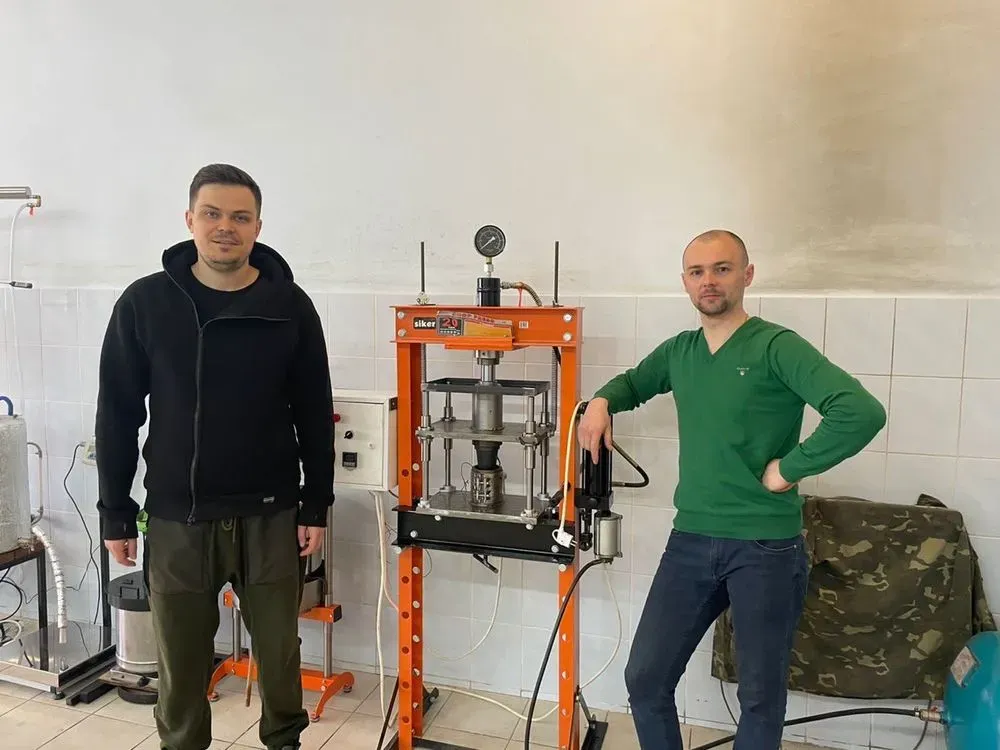
Co-owners of the brand Dmytro Bidyuk and Yurii Tustanovskyi, co-owners of Rekava, say that long blackouts for their production, which requires a lot of electricity, is critical.

"In case of a complete blackout, we will be forced to
suspend operations. If there are outage schedules, we plan to work in two shifts.
two shifts. In order to focus on energy-intensive processes when there is electricity
processes. In our case, these are coffee grounds processing, pressing containers
with lids, and filling candles. And in times of power outages, we don't perform
energy-intensive operations (preparation of packaging and packaging materials, etc,
packing orders, etc.)" - says Dmytro Bidyuk. "The specifics of our production are quite high
energy intensity. The use of generators is impractical, because you need a very
high power is needed, and then the cost will be high. We plan to use
various lighting elements, power banks, to provide some basic lighting
illumination during power outages and perform work that does not require
electricity", adds Yuriy Tustanovsky.
Reference
"MHP-Gromadі" is a Ukrainian charitable foundation that began its activities in 2015. Its main mission is the integrated development of communities. The geography of activity includes 12 regions of Ukraine: more than 700 towns and villages. Since the beginning of Russia's full-scale invasion of Ukraine, the Fund has systematically supported people in the regions of hostilities, Ukrainian defenders and rescuers, communities, hospitals and maternity hospitals, charities that care for orphans and the elderly, as well as people who, due to wars left them without a home and livelihood.